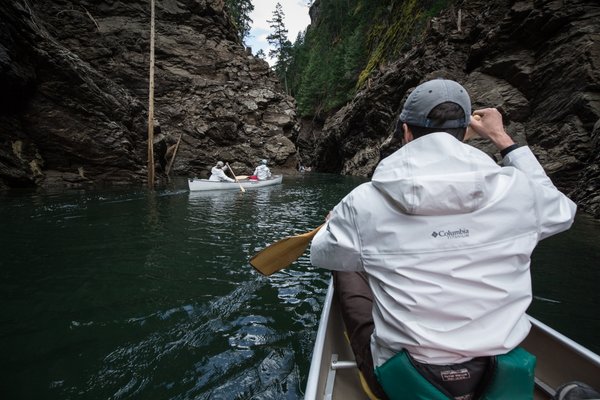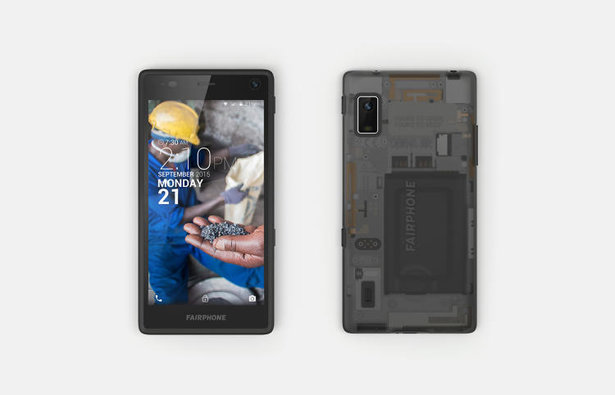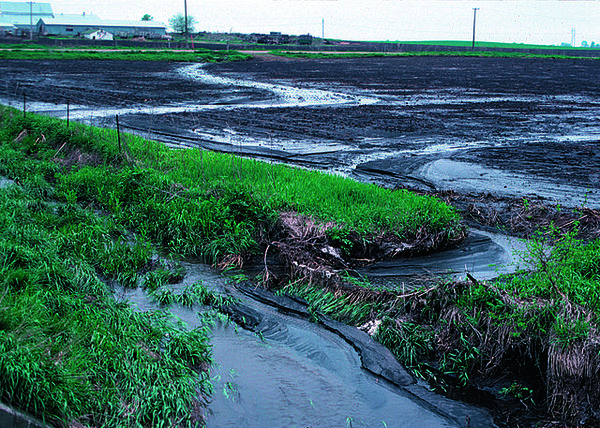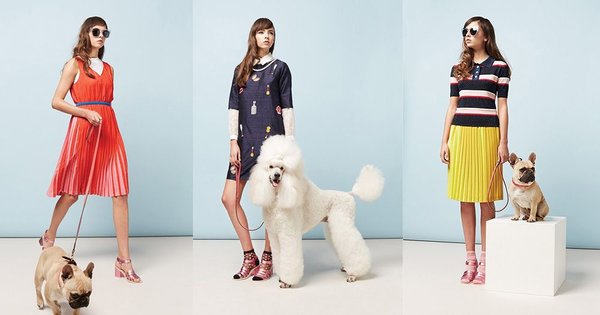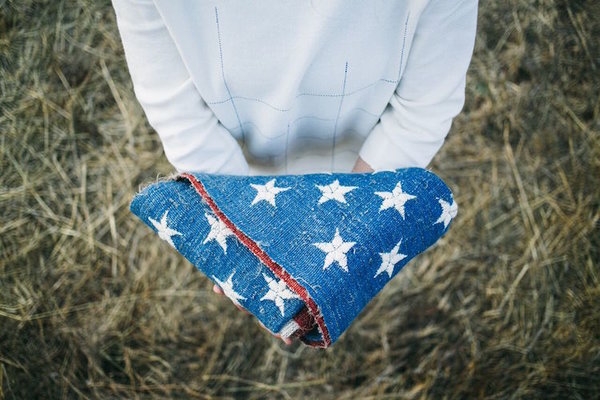Columbia will reveal a new rain jacket free of perfluorinated compounds, better known as PFCs, in spring 2017. The rain jacket will feature a technology the company calls OutDry Extreme ECO and will sell for $199. The jacket’s eco-friendly traits don’t stop at the use of the new technology. Its main fabric is 100 percent recycled polyester, which will come from approximately 21 recycled bottles. Trims and other components will also contain recycled content. The jacket’s fabric will not be dyed which will reduce water, energy and chemicals.
Continue reading... →According to the nonprofit Environmental Defense Fund (EDF), a bill that will strengthen the Toxic Substances Control Act, passed the Senate and is expected to be signed into law by President Barack Obama soon. It is the first major environmental legislation in over two decades to move forward to this point.
Continue reading... →Outdoor clothing company Patagonia has released a new short film to advocate for the legalization of industrial hemp in the U.S. The multipurpose plant, which has been used for centuries to make rope, textiles, foods, personal care products and more, became a controversial substance in 1937 due to the “Marihuana Tax Act,” which basically lumped hemp with marijuana and made it illegal to grow even though the former has no psychoactive properties. However, there are plenty of reasons why industrial hemp should be legalized, from its substantial health benefits to its potential to lower the environmental impacts of textile production.
Continue reading... →Want to keep your customers happy? Want to keep them coming back? Infuse some soul into your brand. What do I mean by soul? Seeing your customers as partners instead of someone to sell to. Becoming “one force with a common goal”. This mind-shift opens a whole new world for brands. This, in turn, helps you become meaningfully different in the marketplace. But remember, this is not a brand strategy or tactic, it’s a paradigm shift.
Continue reading... →Can you integrate sustainability into Big Brands? Virginie Helias, the Global Sustainability Director of Proctor & Gamble, believes you can. Inspired by breaking into a new frontier in her work and trying something that hadn’t been done before, she gained the insight that integrating sustainability into a business could benefit the Big Business and the planet at the same time. In this interview, she shares the lessons she learned in her many years of experience making sustainability a priority within P&G and shares approaches that have best worked for her.
Continue reading... →“Eco-fashion is slowly increasing its footprint and influence. As more people become aware of the harsh cost of current manufacturing practices, as well as, availability of more positive options, the switch toward greener processes will hopefully become inevitable. The smaller designers, such as those on FiercelyGreen are able to pivot their supply chain much faster than the big established brands, at the same time their influence is very limited by their size, which is why it is so important to give them visibility because of the green ripple effect they will help to perpetuate in the industry in the future.”
Continue reading... →